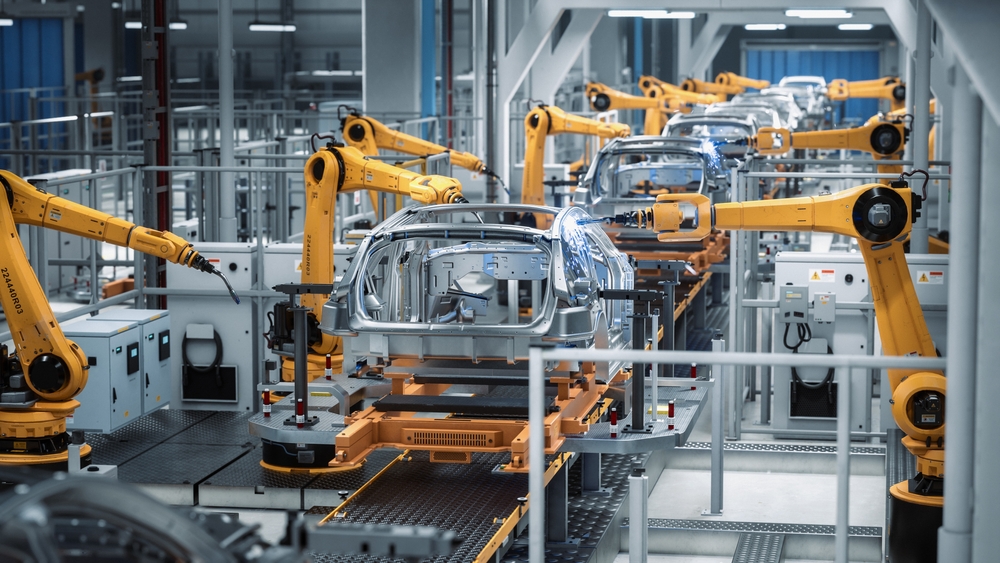The German auto industry is in a severe crisis. Sales problems, geopolitical tensions, and tariffs are weighing on the sector. Staff cuts are particularly threatening. Former manager Uwe Hochgeschurtz warns: “We haven’t seen the worst yet.” New vehicle sales remain below pre-coronavirus levels, which has already led to massive job cuts. The transition to electromobility is also increasing the pressure on the industry. The sector has already lost around 51,500 jobs, but this could be just the tip of the iceberg. (merkur: 10.09.25)
Managers warn of massive job cuts
The figures are alarming. According to the Federal Statistical Office, around 51,500 jobs have been lost within a year. This corresponds to almost seven percent of all jobs. According to an EY analysis, no other industry is hit as hard by job cuts. Mercedes-Benz, VW, and Bosch are implementing cost-cutting programs. Porsche also plans to close its battery subsidiary Cellforce, which will exacerbate the workforce reductions.

Former manager Uwe Hochgeschurtz, who held positions at VW, Ford, Renault, and Opel, warns urgently of the consequences. “This isn’t just about an economic downturn. This crisis is structural. We’re seeing sharply declining profits, which is jeopardizing necessary investments.” He emphasizes that job cuts have only just begun. “We haven’t seen the worst yet. It’s not possible to save certain jobs in production.” Nevertheless, he sees opportunities in robotics and battery technology.
Location at Risk: Managers Call for Political Intervention
The warnings are clearly directed at the government. High energy prices endanger jobs and thus Germany’s position as a business location. “Electricity prices must be capped below the European average.” Without this reform, the country will lose its automotive industry. Managers also demand a halt to new EU regulations that are not safety-relevant. The message is clear: “Otherwise, at some point, we’ll no longer have car production here.”
The international market is also exacerbating the crisis. European manufacturers are massively losing market share in China. At the same time, Chinese brands are pushing into the European market. They now account for just under five percent—almost double the previous year’s share. Hochgeschurtz calls this a dam break that is shaking the European automotive industry.
Markets rupture, hope for electromobility
Despite gloomy forecasts, the industry is banking on the IAA in Munich. Mercedes announced a “new era of electromobility” there. With the electric GLC, the company aims to combine tradition and the future. BMW is presenting the iX3, which the company calls “one of its most significant new models.” Managers hope that innovations will offset the downsizing and save jobs.
VW is pursuing the same strategy and is launching an affordable model, the ID.2, to be called ID.Polo in the future. Skoda and Cupra are also presenting new electric vehicles. But the competition isn’t sleeping: BYD, the world’s largest electric car manufacturer, is showcasing a wide range. Chery is pushing into the German market with Omoda and Jaecoo. With 116 Chinese exhibitors, the IAA is reaching record numbers – an unmistakable signal that the auto industry is fighting for its future.
